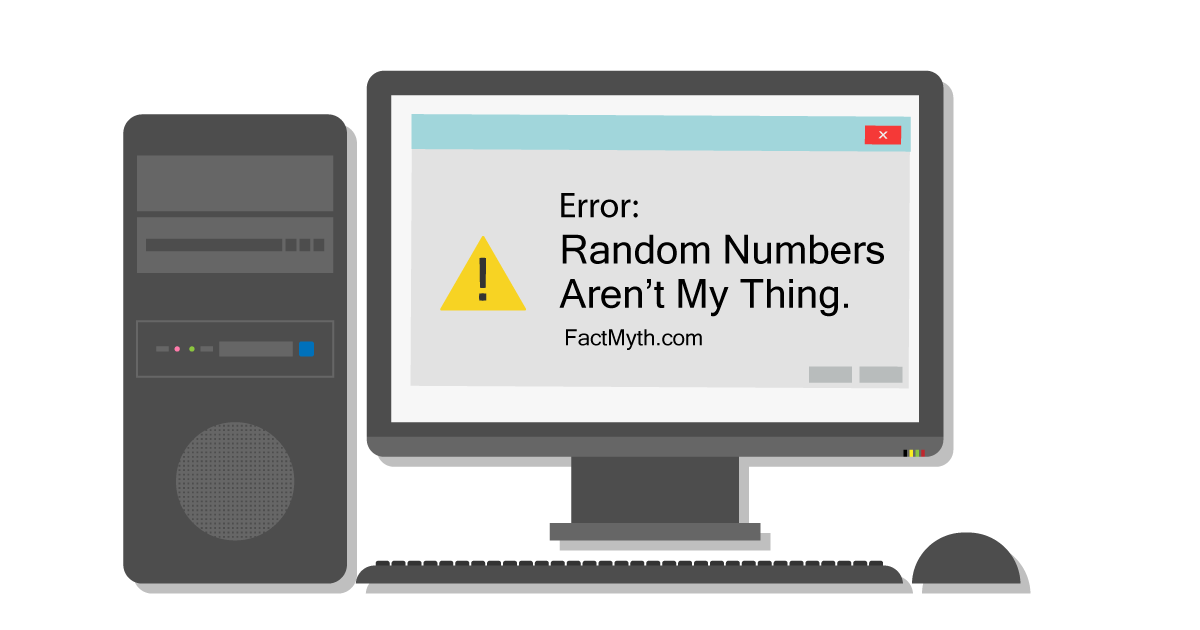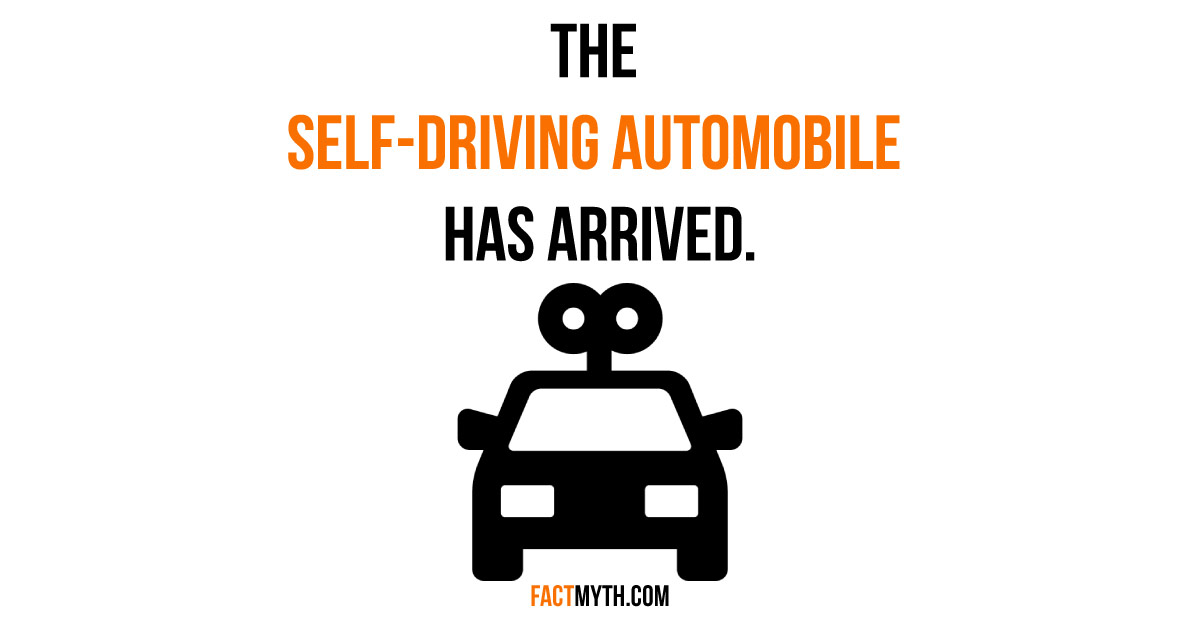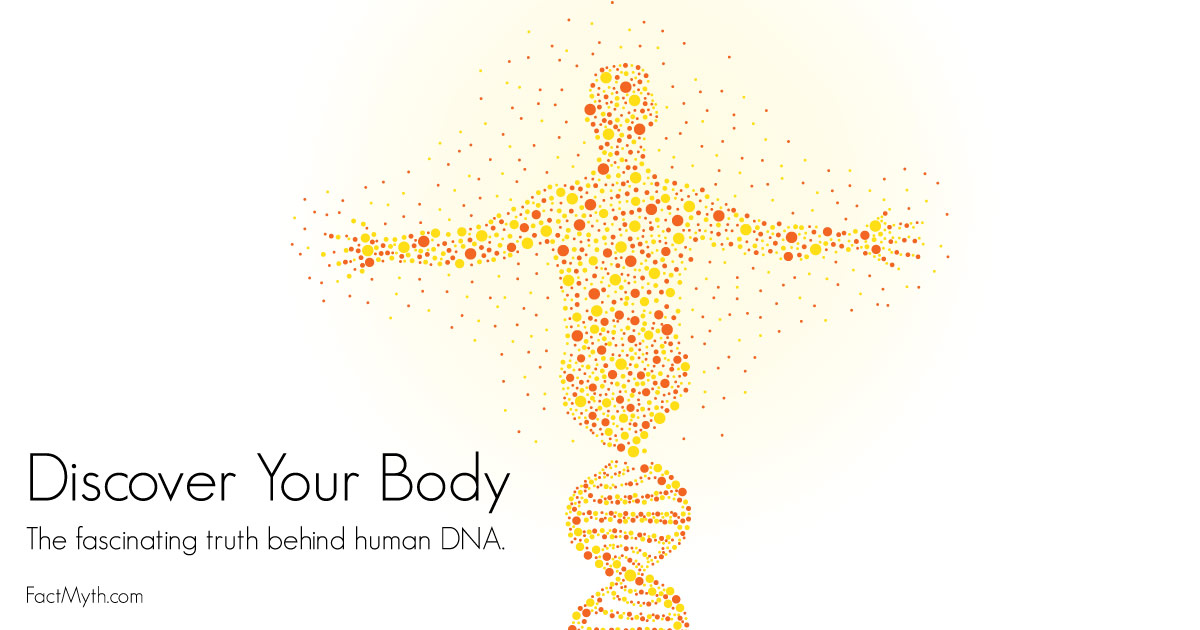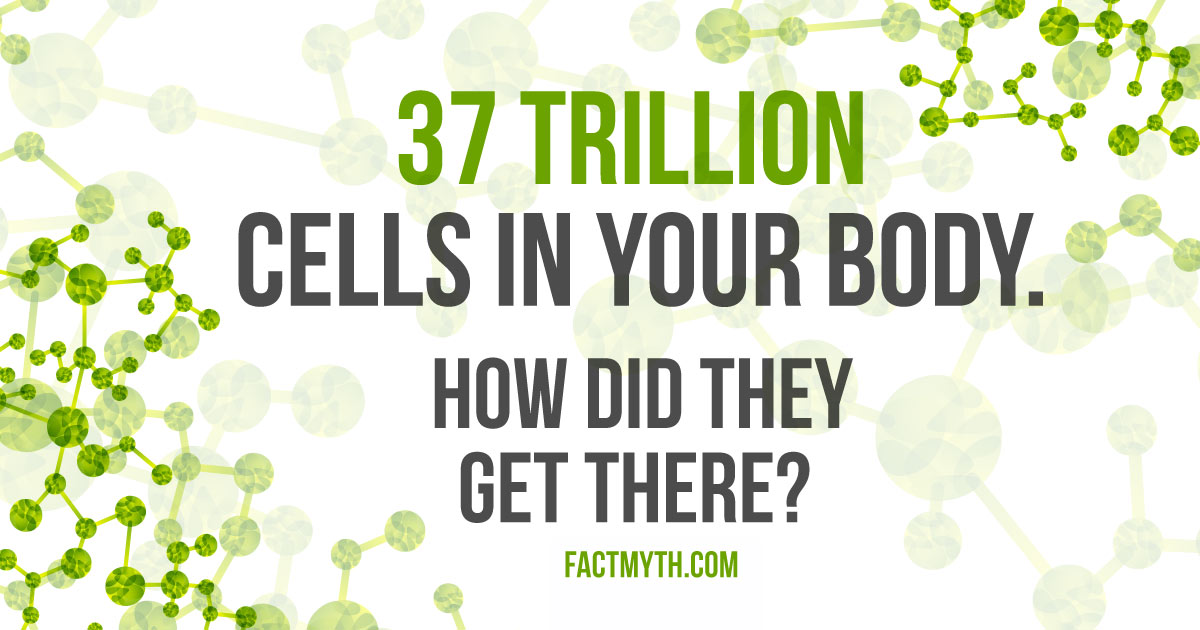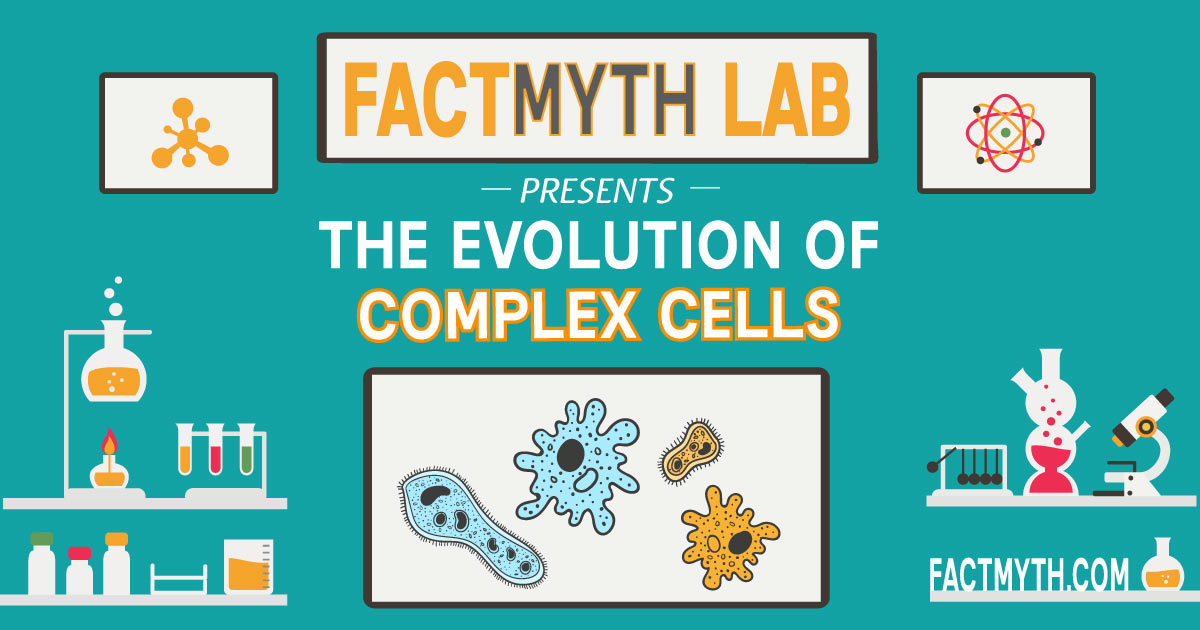Facts
A Fact is a thing that is indisputably the case and is typically proven through evidence. If science, logic, and citation can prove something is true, then it gets labeled fact. If one or more parts of a statement are false, then it should be categorized a myth (all half-truths are myths). Some truth has grey areas, others like “Lincoln was a Republican” are a matter of record. You’ll find both types below, and when we use philosophical arguments that employ logic and reason, it will be noted.
Below is a list of factoids we have rated as “facts”. If you think you can prove any of the facts below to not be true, please let us know in the comments. All input will be considered. See our list of myths here. Learn more about what is a fact?

